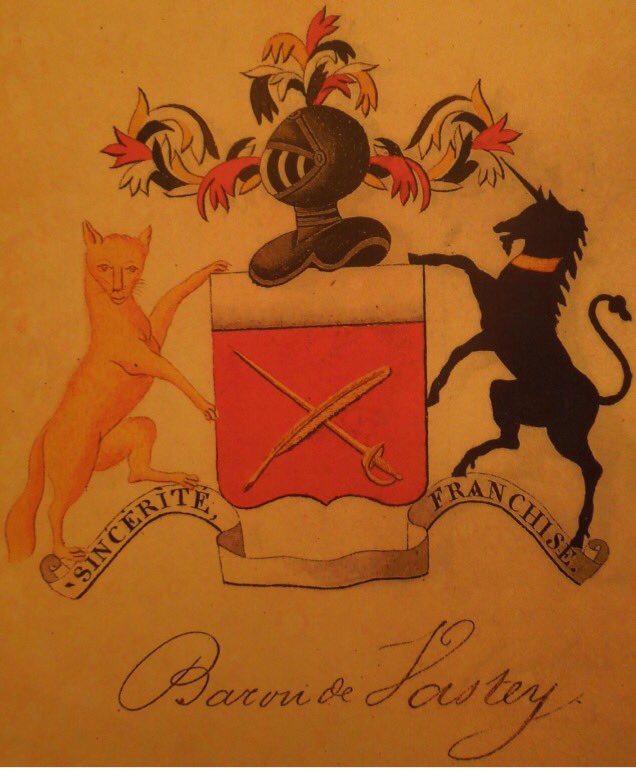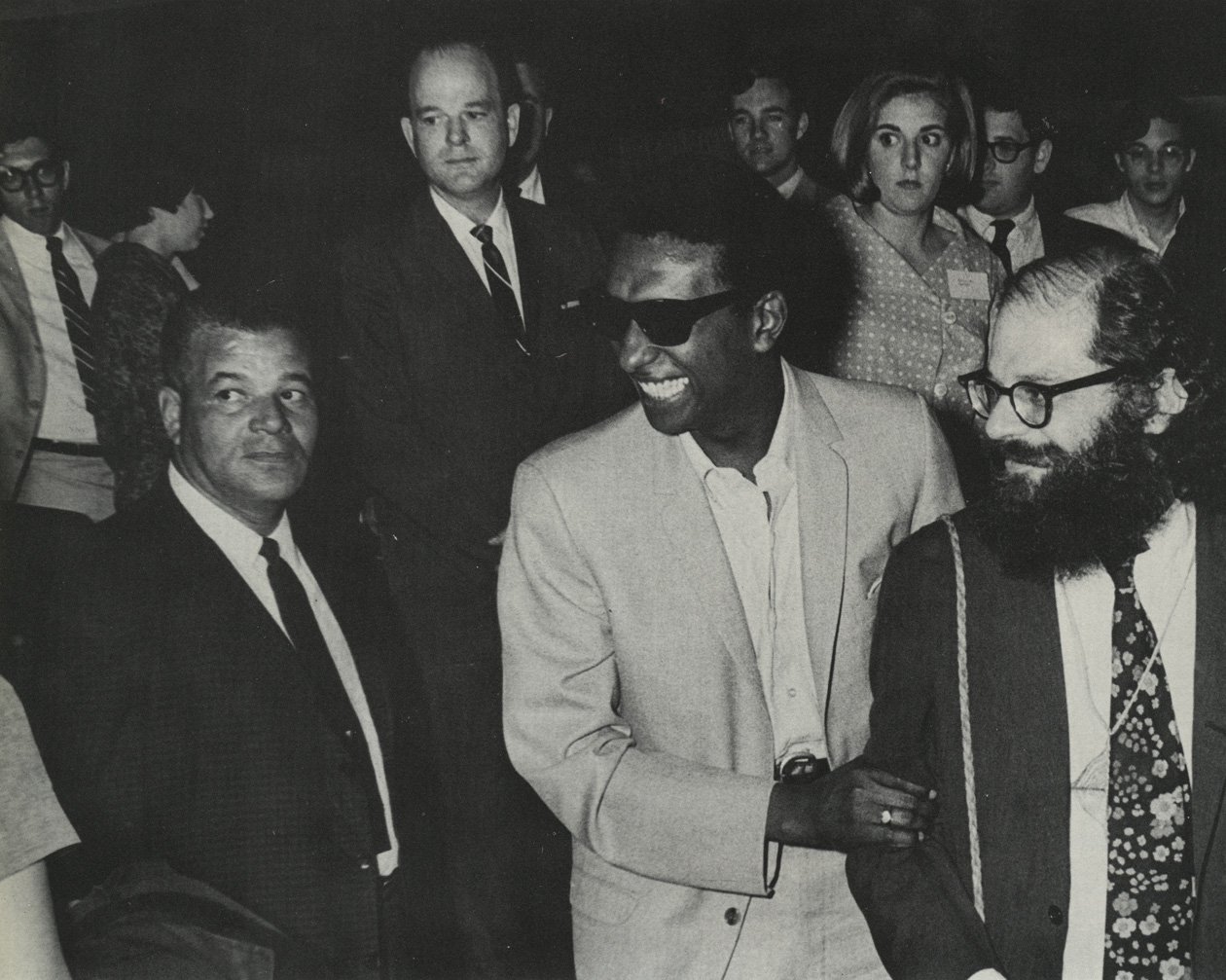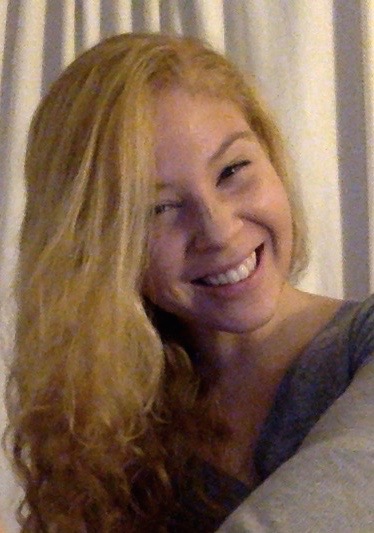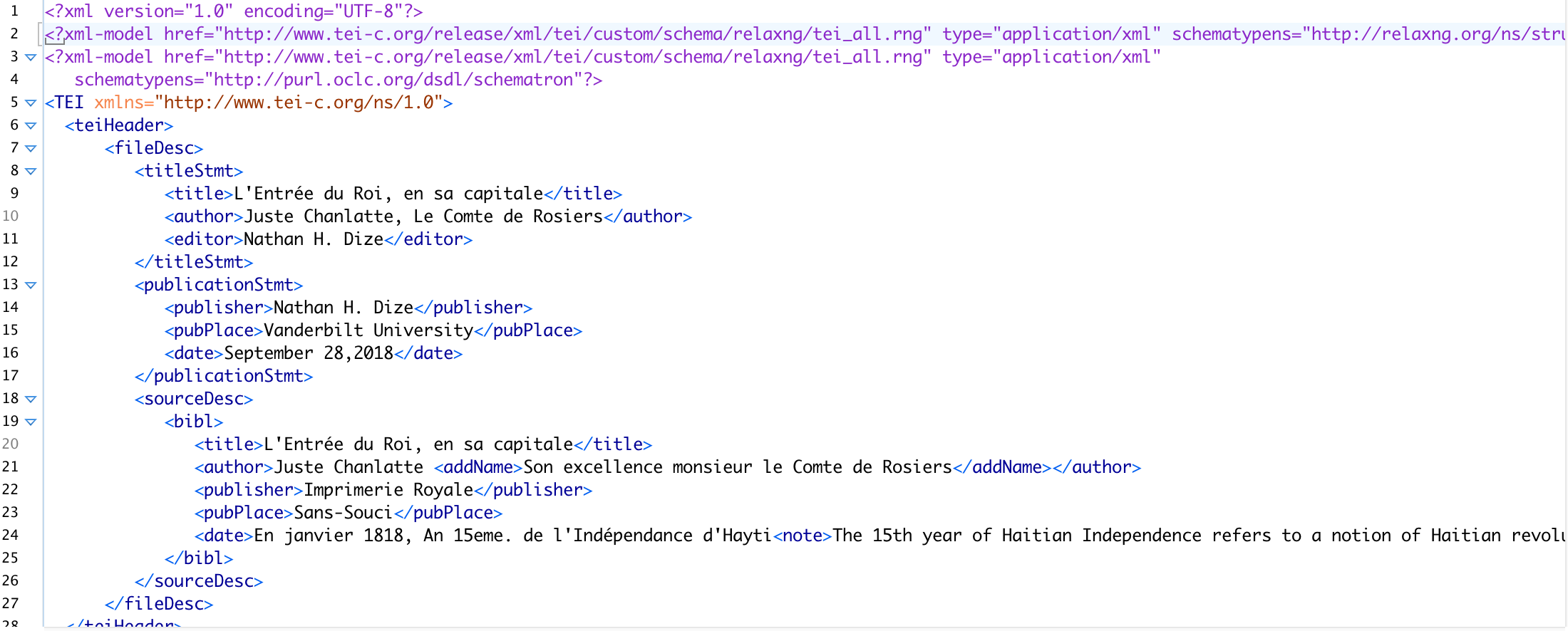Vanderbilt DCH MEI conference October 24-27, 2019
Sep. 17, 2019—With a grant from the Delmas Foundation, Joy Calico, Cornelius Vanderbilt Professor of Musicology and Professor of German Studies, is hosting an MEI workshop on campus. Registration for the event as well as a program can be found at: https://music-encoding.org/update/2019/09/03/registration-nashville.html
Maria Paula Andrade: Report from DHSI
Jun. 11, 2019—This summer the DCH Cluster was able to send two students and two faculty/staff to training workshops on digital cultural heritage tools. Maria Paula Andrade reports from her trip to DHSI: I went to the DHSI during the first week of June for an intensive course called “[Foundations] Making Choices About Your Data.” It was...
Podcast from our HASTAC scholar
Mar. 17, 2019—Nathan Dize, PhD candidate in French and DCH HASTAC scholar, is interviewed by Paula Andrade, PhD candidate in History and recipient of our summer DHSI award.
Angel David Nieves, VR, and Postcolonial DH @ Vandy DCH
Mar. 11, 2019—On Wednesday February 27, Angel David Nieves, an Associate Professor of History and the Director of the Digital Humanities Center at San Diego State University, came to Vanderbilt to deliver a series of talks at the Digital Humanities Center in Buttrick Hall. Dr. Nieves participated in an informal lunch conversation with students, faculty, and staff...
Talks by Dorothy Kim and Edward Baptist highlight Digital Humanities @ Vandy last week
Feb. 14, 2019—Last week Vanderbilt the Digital Humanities Center welcomed Dorothy Kim (Brandeis University) and Edward E. Baptist (Cornell University) to present their research and digital humanities projects on campus. On Wednesday, February 6, Edward E. Baptist spoke with Vanderbilt students, faculty, and staff during over lunch about “Freedom on the Move,” a collaboratively produced database of...
@LeBarondeVastey and Tweeting Black Atlantic Humanism, A Conversation with Marlene L. Daut
Jan. 21, 2019—For those on academic Twitter, the platform has become a fruitful place to hash out new research ideas, communicate with colleagues, and share new work in our respective fields. For scholars of Haiti, there have been running threads and conversations over the years like the #Haitisyllabus (which mirrored pioneering Twitter syllabi like the #FergusonSyllabus and...
“Who Speaks for the Negro?”: Digital Archives, Split Collections, and Hearing the Fight for Civil Rights, an interview with Mona Frederick
Jan. 15, 2019—In 2012 the Jean and Alexander Heard Library and the Robert Penn Warren Center for the Humanities launched the “Who Speaks for the Negro? Digital Archive,” a collection of audio recordings and transcripts housed at the University of Kentucky and Yale University libraries. I first learned of the “Who Speaks” archive during my pro seminar...
TEI: The Start of a Conversation
Nov. 12, 2018—Today I’m glad to be able to share a conversation that I had with two of the PhD students, Meghan K. McGinley and Bryant White, currently learning TEI encoding as part of Vanderbilt’s Digital Cultural Heritage TEI Working Group. The group meets every Friday at 2pm in the Vanderbilt Digital Humanities Center (Buttrick 344) and...
Becoming a (Digital) Publisher and Encoding Haitian Opera with TEI
Oct. 29, 2018—By Nathan H. Dize TEI (Text Coding Initiative) encoding is a widely used platform by digital technologists, librarians, and academics to create digital editions of written works. The benefits of such an initiative are clear for many reasons. Creators of TEI-powered digital editions can establish open-access resources that circumvent costly print markets for critical editions...
The Human Element
Oct. 25, 2018—By Michelle Taylor The Text-Encoding Initiative (TEI) has multiple purposes, but perhaps its foremost and most recognizable one is the digital preservation of texts. Today I’ll be writing about a common argument I hear against TEI: “The texts are available on Google Books! Why should we go through the labor-intensive process of encoding them into...





